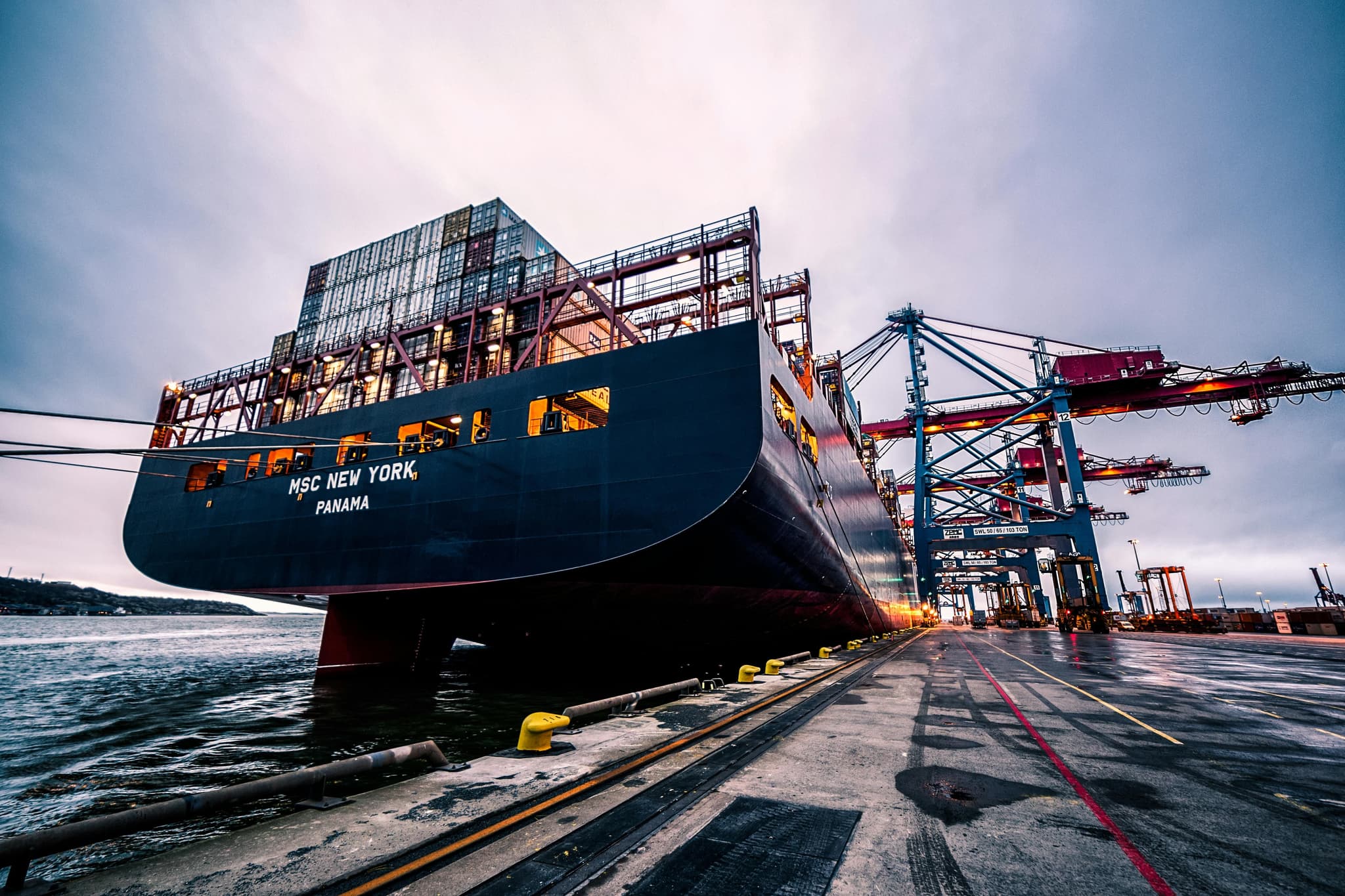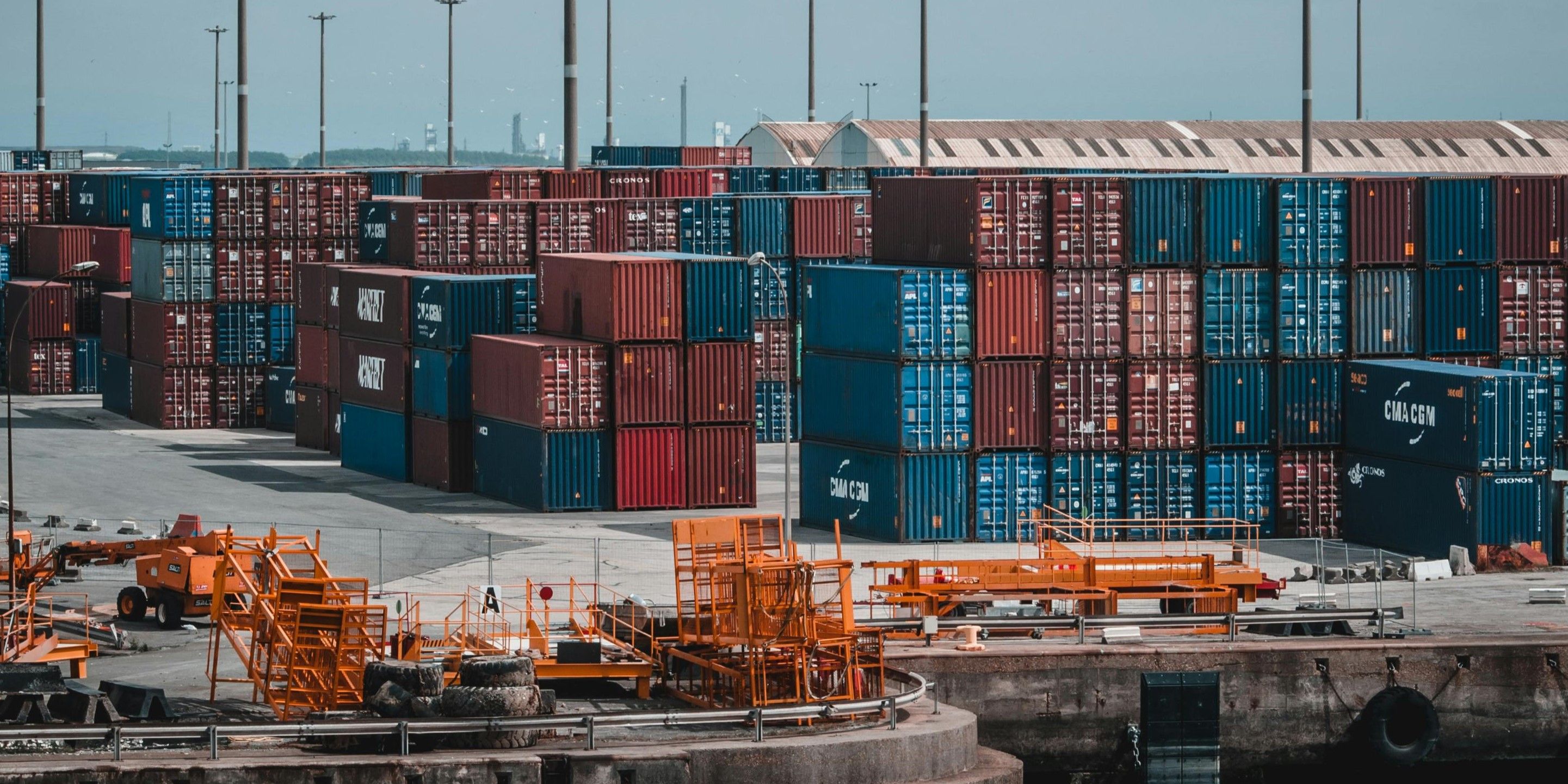Preparing for Supply Chain Challenges During Chinese New Year Amid Political Shifts

Effective supply chain management is the backbone of a smooth selling experience for Amazon sellers. As we approach the Chinese New Year and brace for political changes impacting trade, a proactive approach to inventory and logistics is essential. Here’s how these factors intersect and what actions can help you minimize disruptions.

1. Understanding the Impact of the 2024 Trump Election on Supply Chain
With Donald Trump’s recent election victory, shifts in U.S.-China trade relations bring new pressures. Trump has proposed a 10% tariff on all imported goods and a more substantial 60% tariff specifically on Chinese imports. For Amazon sellers who source from Chinese suppliers, this means an inevitable rise in costs, affecting everything from logistics fees to customs duties. Staying informed about upcoming trade changes and being prepared to adapt can help offset some of these cost increases.
2. Freight Rate Spikes and Supplier Holidays
The Chinese New Year in mid-January marks an annual slowdown in manufacturing, with Chinese factories closing for weeks. Freight rates traditionally soar during this period as suppliers rush to complete orders, and shipments surge before the holiday shutdown. This year, with the anticipation of higher tariffs, preemptive stockpiling is intensifying demand for shipping services, leading to container shortages, heightened freight costs, and potential port congestion in the U.S.. Without timely planning, sellers risk facing unexpected expenses and delays that could significantly impact sales plans.
3. Pre-Planning for Smooth Inventory Flow
To maintain inventory levels and avoid steep price increases, it’s crucial to coordinate closely with suppliers on cutoff dates for orders and lead times. Here are some practical steps:
-
Place Early Reorders: Beat the holiday rush by placing orders well in advance. This can help you avoid elevated freight costs and ensure goods arrive before the New Year’s closures.
-
Secure Advance Shipping Plans: Collaborate with logistics providers to reserve container space early. This is especially important for items that need to reach Amazon FBA warehouses ahead of the Chinese New Year holiday. Securing these plans in advance reduces the risk of shortages and ensures smoother fulfillment.
4. Avoiding Stockouts and Minimizing Costs
Proper forecasting is essential to avoid stockouts and unexpected penalties. Here are a few tips for optimizing inventory:
Monitor Sales Trends: Use historical sales data to accurately project demand and stock levels. Overstocking might seem like a safe choice, but without a calculated approach, it can increase costs due to higher Amazon storage fees.
Optimize Communication with Suppliers: Keep communication channels open and proactive with suppliers and logistics partners. Regular updates on order status and shipping schedules can help prevent delays and unexpected issues.
Plan for Flexible Warehousing Options: If delays seem likely, consider flexible storage options or 3PL providers to temporarily hold stock until it can be smoothly transitioned to Amazon fulfillment centers.
Final Thoughts
The upcoming Chinese New Year, paired with shifting trade policies, requires a well-thought-out plan to mitigate risks. By preparing inventory, ordering ahead, and keeping a pulse on logistics trends, Amazon sellers can better position themselves to avoid disruptions. With strategic planning and adaptability, sellers can protect profitability and ensure a steady sales flow through the Chinese New Year and beyond.
Feel free to reach out if you need assistance managing your Amazon FBA supply chain operations. We are here to help ensure a smooth, cost-effective process from supplier coordination to timely inventory management, allowing you to focus on growing your business.